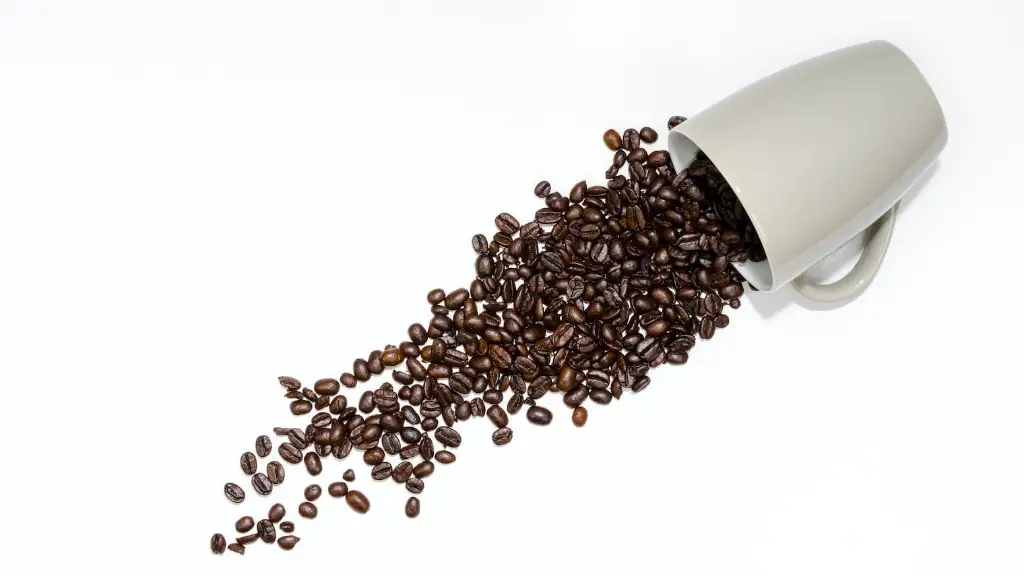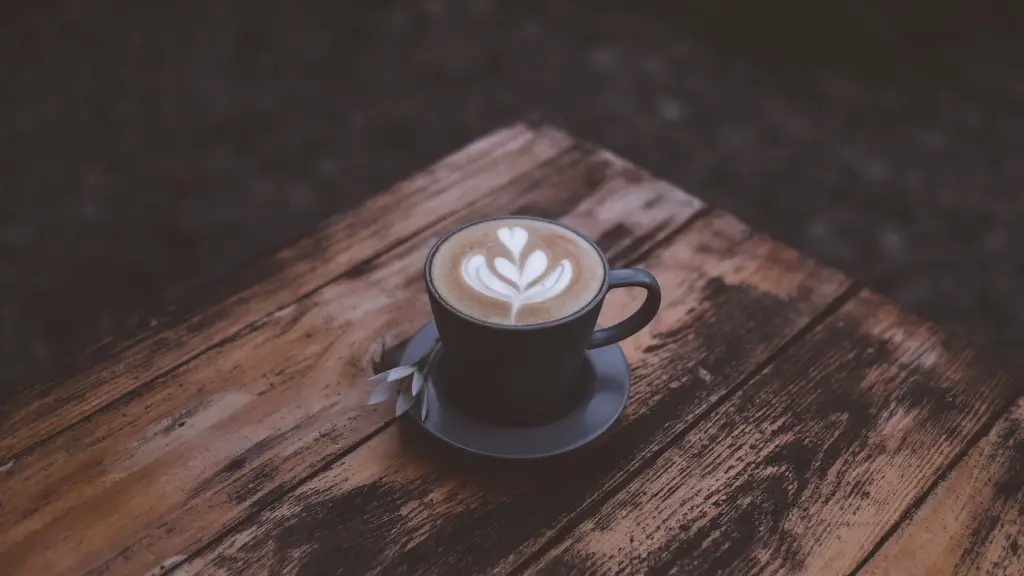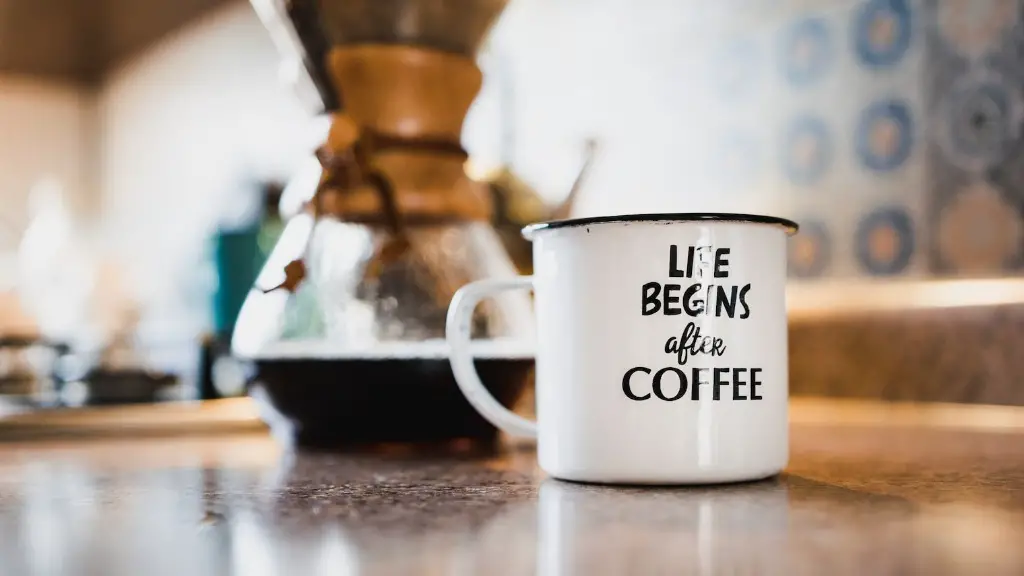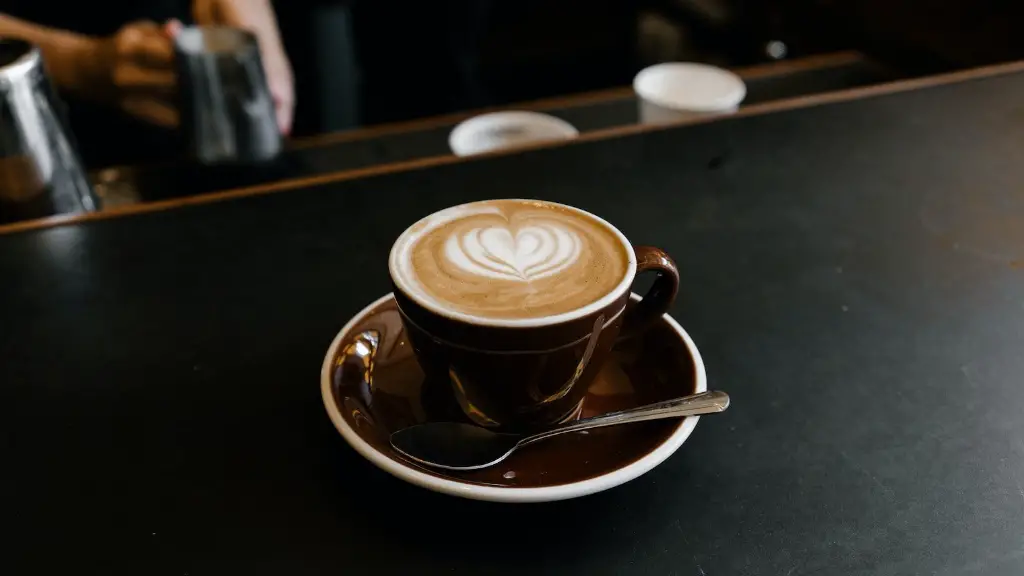Intermittent fasting is a popular diet trend that has taken the contemporary health and wellness world by storm. Those engaging in the diet subscribe to restricted eating schedules and cycles across the day that are both controllable and sporadically engaging. One question that has arisen due to increasing popularity of the diet is whether it is ok to drink black coffee while engaging in intermittent fasting.
Black coffee, over other popular caffeinated beverages such as lattes or cappuccinos, contains considerably less added sugar and milk and can legitimately be incorporated into a longer period of fasting.
In terms of its properties, black coffee is known to be high in antioxidants, can reduce inflammation, improve physical performance, and increase focus. These are just some of the benefits that can be experienced from moderate consumption of black coffee, and when consumed sparingly during intermittent fasting, the body can still benefit.
Studies have also revealed that black coffee helps the body to better manage appetite and hunger. This makes it an ideal candidate for use alongside intermittent fasting for those who are looking for an extra dietary boost.
Coffee also contains a small amount of calories, usually between 1-2 depending on the type of roast and brewing method used. Therefore, when consumed during a period of fasting, the small calorie amount will not cause the body to break its fast. On top of this, the natural benefits of caffeine are known to help the body to better manage and even ignore those feelings of hunger and desire to break its fast.
Experts recommend that no more than 2-3 cups of black coffee should be consumed per day while undertaking intermittent fasting, as ultimately the body needs to rest and absorb key nutrients and calories that are lost through extended periods of fasting.
Overall, black coffee can be safely consumed while engaging in intermittent fasting. It is important to remember to carefully manage and monitor caffeine intake, as too much could lead to unwanted and potentially detrimental physical side effects.
Can black coffee increase the effectiveness of intermittent fasting?
The simple answer to this question is yes! Not only does black coffee have a number of properties that may help to reduce food cravings, but because it contains such a low amount of calories, it can become a great addition to any intermittent fasting meal plan. Studies indicate that coffee stimulates the central nervous system and helps to suppress appetite, allowing for longer and more effective periods of fasting.
Coffee can also help the body to better absorb the key nutrients and calories that are gained from other foods consumed during intermittent fasting. This means that it will still provide the body with enough energy and most importantly enzymes, vitamins and minerals that are lost during fasting periods.
Importantly, coffee can bring a measure of comfort and pleasure to those engaging in intermittent fasting. This can help to support adherence to the diet and encourages more consistent fasting behaviours.
Overall, coffee can be considered a useful tool for those undertaking intermittent fasting. It can provide a range of benefits that ultimately support efficiency, effectiveness and sustainment when engaging in the diet.
How much black coffee can I drink while intermittently fasting?
Generally speaking, most health experts recommend that no more than two or three cups of black coffee should be consumed while engaging with intermittent fasting. This will ensure that the body is still able to gain the nutrients and calories lost during longer periods of fasting, while also allowing the individual to find comfort in their diet and not feel so deprived.
Furthermore, it is important to not consume too much black coffee, as like any other beverage, it contains caffeinated stimulants that can become detrimental to physical health if overdone.
During fasting, coffee is best enjoyed first thing in the morning to help increase energy levels. It is also best to have it without added sugar, cream or milk. This will guarantee that the body does not switch out of its fasted state for too long.
Are there any risks associated with drinking black coffee while intermittently fasting?
When consumed in moderation, drinking black coffee while Intermittently Fasting (IF) is not known to cause many negative side effects. However, research indicates that it is important to note that there are some risks that are associated with over-consumption of caffeine.
Coffee can lead to increased restlessness and irritability, headaches and in extreme cases, nausea and dizziness. As previously mentioned, it is important to adhere to the 2-3 cup per day recommendation, as this will reduce the risk of the body experiencing any of these side effects.
Another potential negative is that depending on the strength of the coffee, caffeine can temporarily impact blood pressure. As such, those diagnosed with a medical condition relating to blood pressure, should take extra precaution when considering whether or not to consume black coffee during intermittent fasting.
What are the alternative drinks for intermittent fasting?
For those who don’t particularly enjoy drinking black coffee or those that are looking for natural and sugar-free alternatives, there are many other beverages that can be used to support intermittent fasting.
These can include natural teas such as chamomile and green tea, almond or soy milks and even herbal recipes like Matcha Latte. Many of these offer natural antioxidants and a similar number of calories, meaning that body can still remain in its fasting state.
Alternative drinks may also be useful for those looking to add a challenge and mix it up a bit when engaging in intermittent fasting.
Does drinking black coffee have any other benefits?
Yes! Black coffee is associated with a number of benefits outside of its ability to support intermittent fasting.
For example, studies have indicated that black coffee can help to reduce inflammation and can even prevent certain types of cardiovascular ailments. Moreover, black coffee also has a strong antioxidant content, which can help to reduce symptoms of certain illnesses.
Coffee is also known to contain certain properties that reduce the risk of developing diseases such as type 2 diabetes. Furthermore, coffee can improve physical performance and focus, making it an attractive beverage to consume while engaging in physical activity, even if you are not engaging in an intermittent fast.
Are there foods I can eat while intermittently fasting and drinking black coffee?
Due to the nature of intermittent fasting, it is important to carefully monitor what type of foods you are consuming during your fasting window. It is recommended that foods high in fiber, protein, healthy fats and antioxidants are consumed, as these are known to reduce cravings during and after the fasting period.
Examples of such foods include lean proteins, fruits, vegetables, healthy oils, whole and unprocessed grains, legumes and nuts. Having a well balanced meal plan during the eating window can help to prevent the body from breaking its fast due to hunger.
Ultimately, the type of food you choose to consume while engaging in intermittent fasting is ultimately dependent on your goals, lifestyle and preferences. What may work for one individual, may not necessarily be applicable to another.
Is drinking black coffee while intermittent fasting sustainable?
Yes, drinking black coffee while intermittent fasting can definitely be sustained in the longer term. As with any dietary regime, it is important to break intermittent fasting down into manageable and achievable periods. This should be tailored to the individual’s lifestyle and routine pattern.
It is also important to reduce feelings of deprivation by taking regular breaks to enjoy foods and snacks that keep the body nourished and the mind content. Furthermore, adhering to established recommendations such as the 2-3 cup rule, can ensure that there is no over consumption of caffeine and any potential health risks are managed.
Moreover, having additional beverages and snacks on hand while engaging in intermittent fasting can also help to keep the individual motivated as well as provide a measure of comfort. This can include taking in other non-calorific beverages such as tea, sparkling water, and clear broth.
What other dietary tips can be beneficial for those doing intermittent fasting?
There are many tips that those engaging in intermittent fasting can adhere to in order to minimise any potential negative side effects of the diet. The most important point is to stay hydrated. Drinking water throughout the day, especially during fasting periods will help to keep energy levels high and reduce any unwanted side effects of hunger.
Furthermore, it is important to avoid processed and unhealthy foods. This is usually only possible if adequate research has been done beforehand. It is also beneficial to try and stick to the same type of fasting routine where you can pre-plan meals and snacks. This will give the individual a better idea of when their fasting periods are.
Finally, it is important to listen to your body. Intermittent fasting is not a diet that should be followed every day, and it should also be tailored to your body’s hunger cues. If you are feeling particularly tired or unwell then it is probably best to break the fast and allow your body some time to rest and heal.





